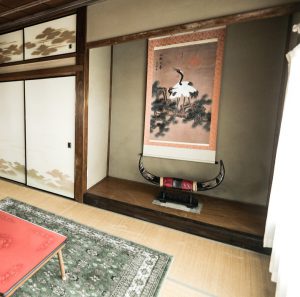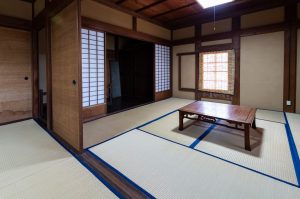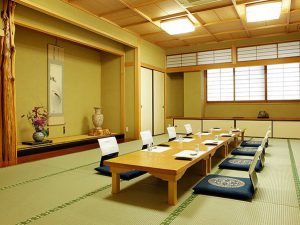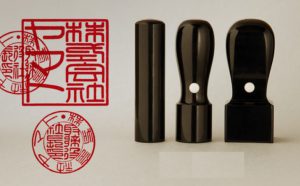おまたせしました“o-ma-ta-se shi-ma-shi-ta”
おまたせしました“o-ma-ta-se shi-ma-shi-ta” This phrase is often used in Japanese conversations. In a nutshell, it means "thank you for waiting." But more precisely speaking it is used for showing your respect for others and being sorry that you are late. This phrase is usually used after you keep someone waiting for some reason or other. If […]
Japanese-style management
The Differences Between Japanese-style Management and American-style Management By Patricia Pringle Joe Jones got a job working for a Japanese company that was well-known in his area of technical expertise. He had looked forward to getting to know his boss, Jiro Suzuki, and finding out what sort of projects Suzuki wanted him to start working […]
What kind of boss can you respect in Japan?
What kind of boss can you respect? 1. Duly appreciates my business results 2. Doesn’t shift the responsibility onto someone else 3. Decisive 4. Fair to everyone without discriminating or favoring 5. Trustworthy 6. Has personal magnetism 7. Can cover his or her subordinate’s failure completely 8. Listens carefully to what others say 9. […]
noren
Noren (暖簾 のれん) Noren, are short curtains with vertical slits hung in front of restaurants, bars, and shops during business hours. The name of the shop or a symbol indicating the products sold there may be dyed into the cloth, so the noren also functions as a shop sign. Since a shop's noren symbolizes the shop, […]
tokonoma
Tokonoma (床の間 とこのま) Tokonoma, a kind of decorative alcove in a Japanese‐style room, normally has such features as raised flooring, one to three hanging scrolls called kakejiku or kakemono on the back wall, and a flower arrangement on the floor. Rooms with tokonoma are not often seen now. Tokonoma is a magnificent room in a Japanese-style […]
tatami
Tatami (畳 たたみ) Tatami, floor mats for Japanese‐style rooms, are filled with woven rice straw and covered with finely‐woven rush. The normal size of one tatami is 180 centimeters long and 90 centimeters wide (approximately 6 feet by 3 feet); the size of Japanese‐style rooms is measured by the number of tatami. It is said […]
shoji
Shoji (障子 しょうじ) Shoji are traditional Japanese sliding doors. Japanese paper is pasted over a wooden latticework, and usually one door slides past the other. They are used in Japanese‐style rooms as partitions or doors, and they can also be fitted into windows. The light shining through shoji can fill rooms with a nice and […]
ozashiki
Zashiki (座敷 ざしき) A zashiki refers to a tatami‐matted Japanese‐style room, and in particular a room for entertaining guests. A zashiki commonly has a Japanese‐style alcove called a tokonoma that holds decorative materials such as kakejiku (a Japanese‐style painting or piece of calligraphy) and a flower arrangement. In business, when you serve guests, you may use […]
Mizuhiki (水引 みずひき)
Mizuhiki (水引 みずひき) In Japan, strands of paper string (mizuhiki) are used to decorate gifts and ceremonial utensils in much the same way ribbons are used in the West. Not only are they colorful, but a mark of elegance and respect. When you attend a wedding ceremony, you put a congratulatory gift money in these […]
hanko
Hanko (はんこ) A hanko, or personal seal used as a legal method of identification in Japan. The engraving of seals is an art in itself, the best seals being carved from ivory and the poorest from rubber with various gradations of quality in between. A careful observer can tell what a seal is made of […]









